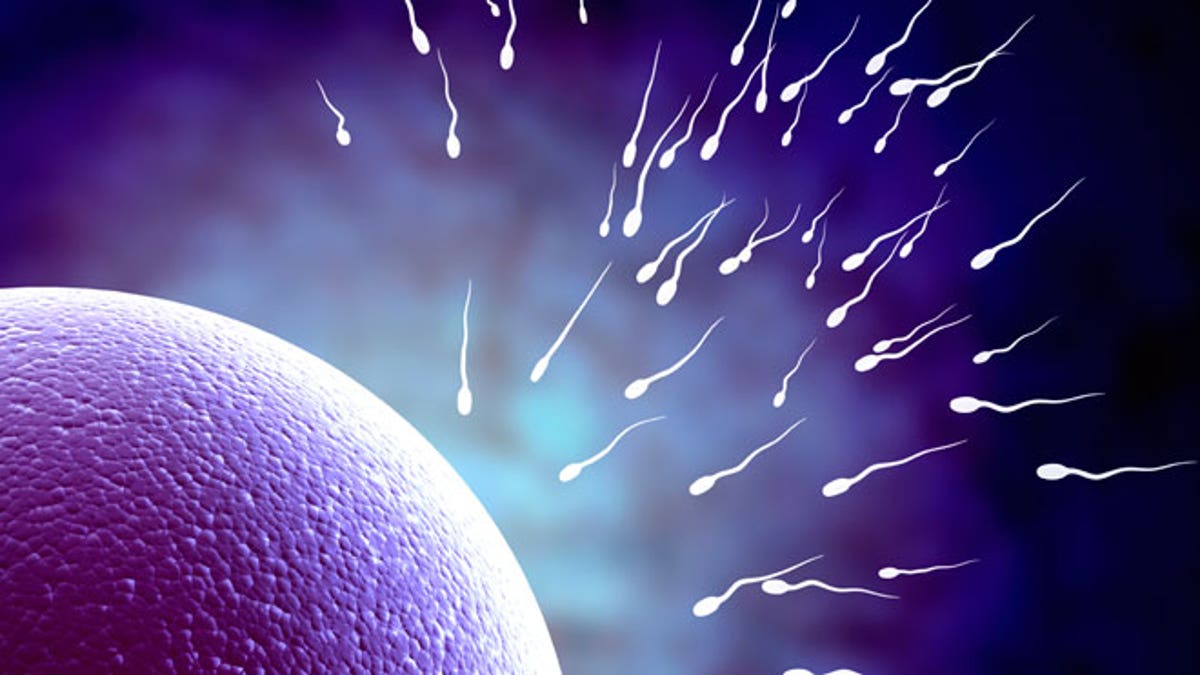
European researchers argued during a recent conference in Lisbon that male fertility rates are declining because of too much exposure to chemicals, especially in everyday plastics, The Times reported.
Niels Jorgensen, associate professor at Rigshospital in Copenhagen, Denmark, said during the European Society for Human Reproduction and Embryology’s conference that only 25 percent of men have “good” sperm, and that about 15 percent have very poor quality in terms of shape and concentration. He attributed those rates in large part to phthalates, which are chemicals found in cleaning products, car dashboards and shower curtains.
These chemicals "can be breathed in, consumed or absorbed through the skin of pregnant women, inhibiting testosterone production in male fetuses, leading to sons with low sperm counts,” he said.
Jorgensen also pointed to sunscreen chemicals as a culprit for low sperm counts among men.
"Many of these chemicals may not do much harm individually … but we are exposed to thousands of chemicals. If you want to apply some kind of precautionary principle I think we should try to reduce what we are exposed to,” he told The Times.
Chris Flower, of the Cosmetic, Toiletry & Perfumery Association, called Jorgensen’s advice regarding sunscreen “outrageous.”
“We know the risks of sun damage, and to suggest that not using sun protection products is a good idea is a terrible thing to do,” he told The Times.
Richard Sharpe, a male reproductive health researcher at the University of Edinburgh in Edinburgh, Scotland, told the Times that couples looking to conceive may have even more infertility issues if a male has a low sperm count due to chemical exposure and his female partner has waited until she is 30 or 40, when her fertility is also waning.
“… The very best they can expect is that it will take them time— but time is not on their side,” Sharpe told The Times.
